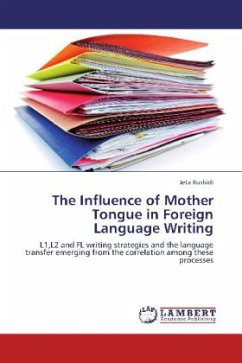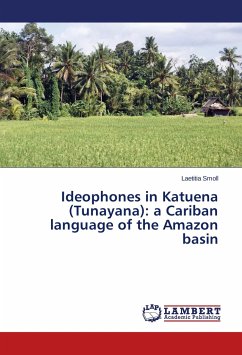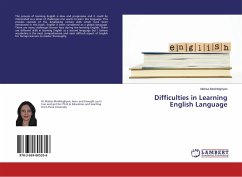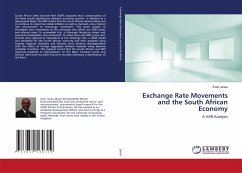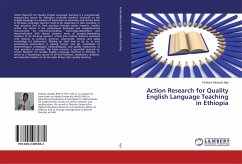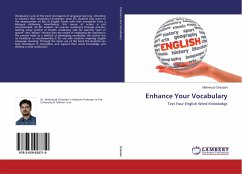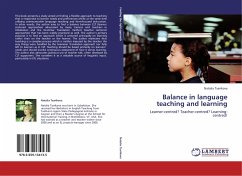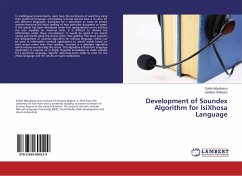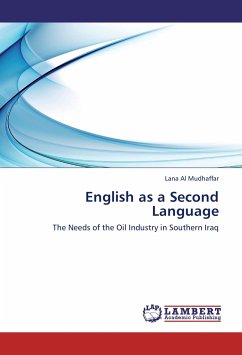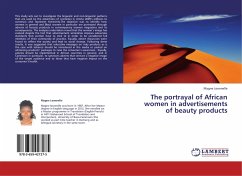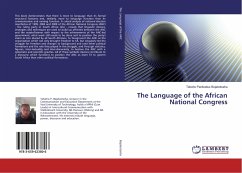
The Language of the African National Congress
Versandkostenfrei!
Versandfertig in 6-10 Tagen
43,99 €
inkl. MwSt.

PAYBACK Punkte
22 °P sammeln!
This book demonstrates that there is more to language than its formal structural features and, similarly, more to language function than its communicative and naming function. A critical analysis of national election manifestos of 1999, 2004 and 2009 of the African National Congress (ANC) - the ruling party in South Africa (SA) - reveals that linguistic devices, strategies and techniques are used to build up affinities between the ANC and the reader/listener with respect to the achievements of the ANC-led government, what work still needs to be done and to position the party's vision as one sh...
This book demonstrates that there is more to language than its formal structural features and, similarly, more to language function than its communicative and naming function. A critical analysis of national election manifestos of 1999, 2004 and 2009 of the African National Congress (ANC) - the ruling party in South Africa (SA) - reveals that linguistic devices, strategies and techniques are used to build up affinities between the ANC and the reader/listener with respect to the achievements of the ANC-led government, what work still needs to be done and to position the party's vision as one shared by all South Africans; to foreground the ANC as the organization which not only brought freedom to SA, but singularly led the struggle for freedom and change; to background and omit other political formations and the role they played in this struggle; and through statistics, figures, inter-textuality and inter-discursivity, to bestow the ANC with a systematic and scientific gravitas. All of these symbolic devices contribute to a discourse which functions to position the ANC as more fit to govern South Africa than other political formations.



